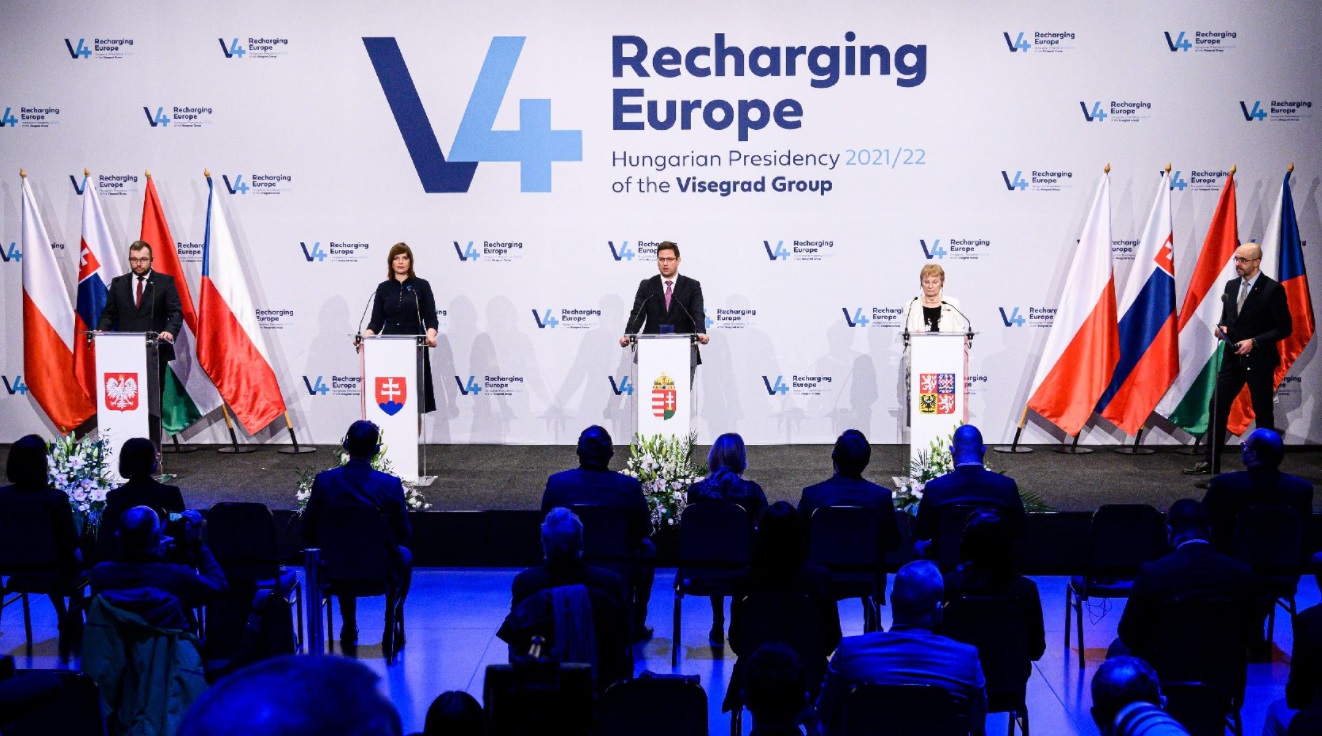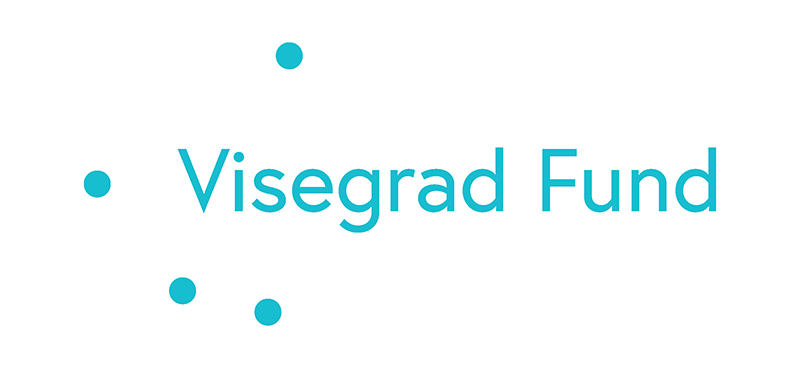On February 18 V4 ministers responsible for cohesion policy met in Budapest. Discussions covered the future of cohesion policy and the beneficial impact of cooperation on cohesion policy to strengthen V4 cooperation, issues related to the use of the Just Transition Fund, the Recovery and Resilience Facility (RRF) and the REACT-EU Recovery Plan. Ministers agreed on the need to maintain a cohesion policy that can address both short- and long-term problems and that can become sufficiently flexible when needed.
In addition to Gergely Gulyás, Minister of the Prime Minister's Office of Hungary, the event was attended by Veronika Remišová, Deputy Prime Minister of Slovakia, Daniela Grabmüllerová, Deputy Minister for Regional Development of Czechia and Grzegorz Puda, Minister for Development Funds and Regional Policy of Poland.

At the press conference following the meeting Gergely Gulyás stressed that all V4 states were committed to the EU, and see no alternative to “institutional European cooperation”. He added that V4 cooperation on cohesion policy had always been close, which facilitated the talks with the European Commission. “We trust that it will remain that way in the future as well, and that the region will remain an engine of the EU’s economic growth and progress,” he concluded.
The Czech Republic -as the incoming EU President- set out a number of positive messages on cohesion policy and indicated that it would continue to reinforce them on the European stage during its Presidency.
Deputy Prime Minister and Minister for Investment and Regional Development, Veronika Remišová underlined the need to simplify the implementation of cohesion policy, to have a dynamic procedure, because cohesion policy cannot be synonymous with bureaucracy.
Hungary has been a model of cohesion fund absorption, with particularly impressive results in recent years, Grzegorz Puda, Poland's Minister for Development Funds and Regional Policy, told to the press. He stressed that Poland is just behind Hungary in terms of absorption of EU funds, but that the Czech Republic and Slovakia are also among the EU leaders. The cooperation between the Visegrad countries in the field of cohesion policy is fruitful, and the discussions are beneficial for all countries, he added.





